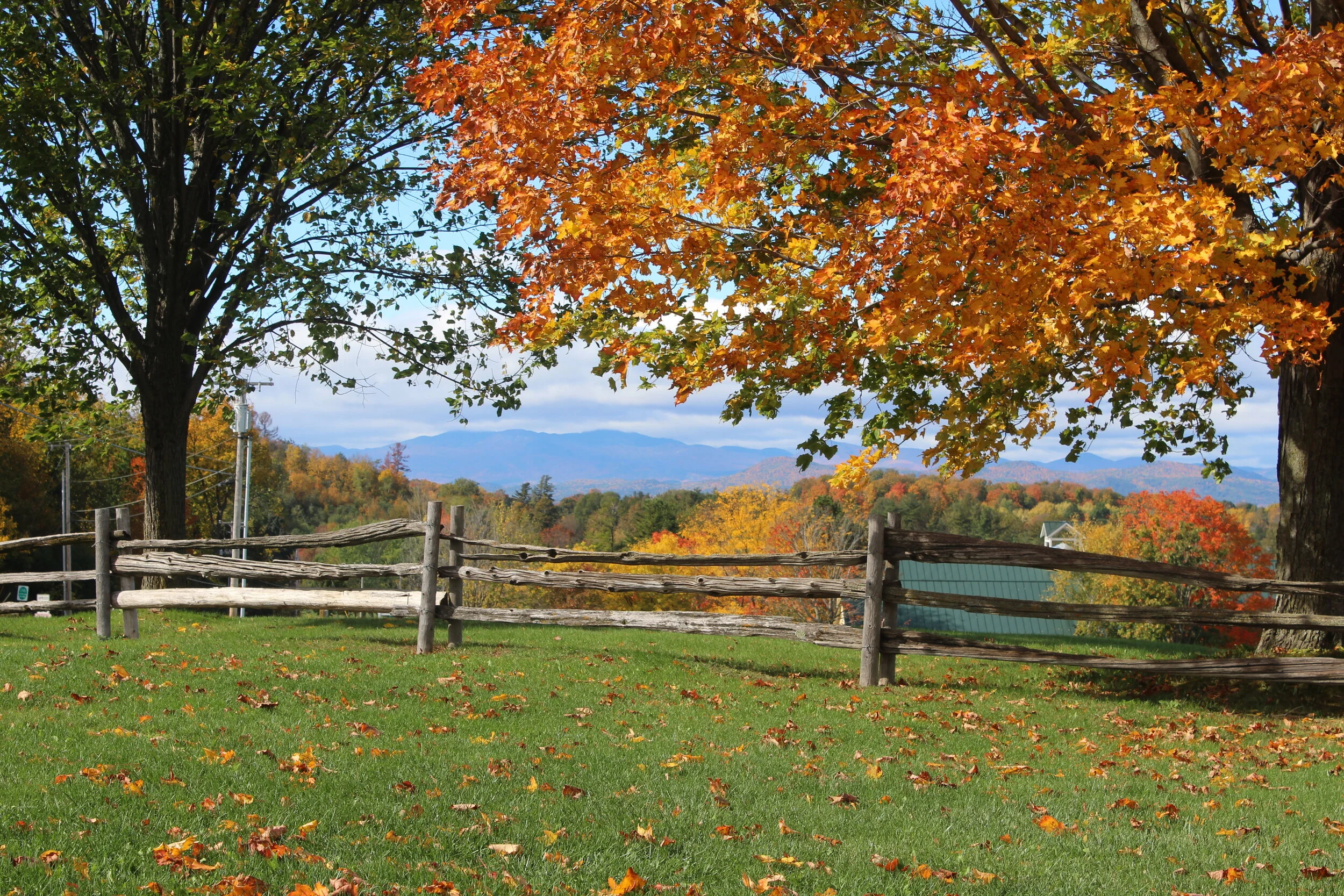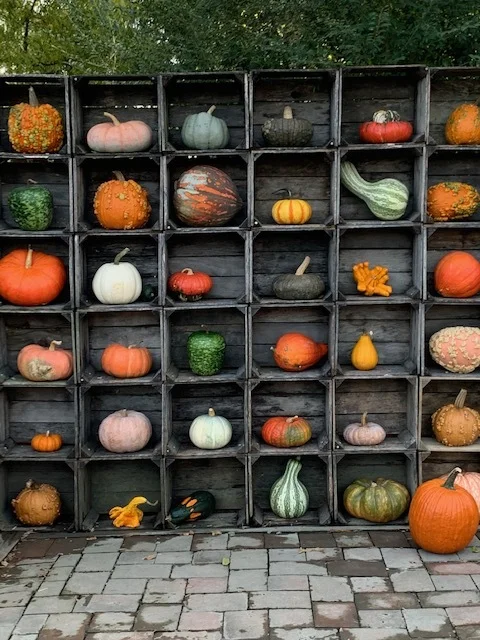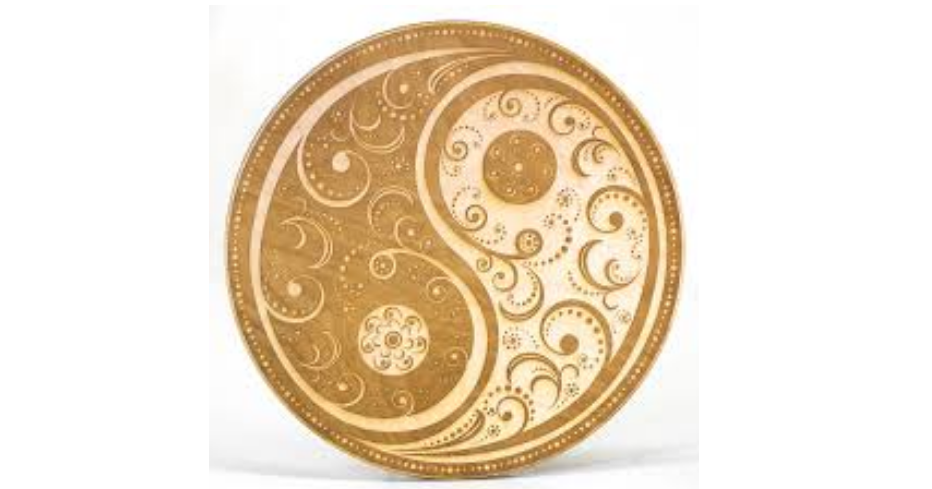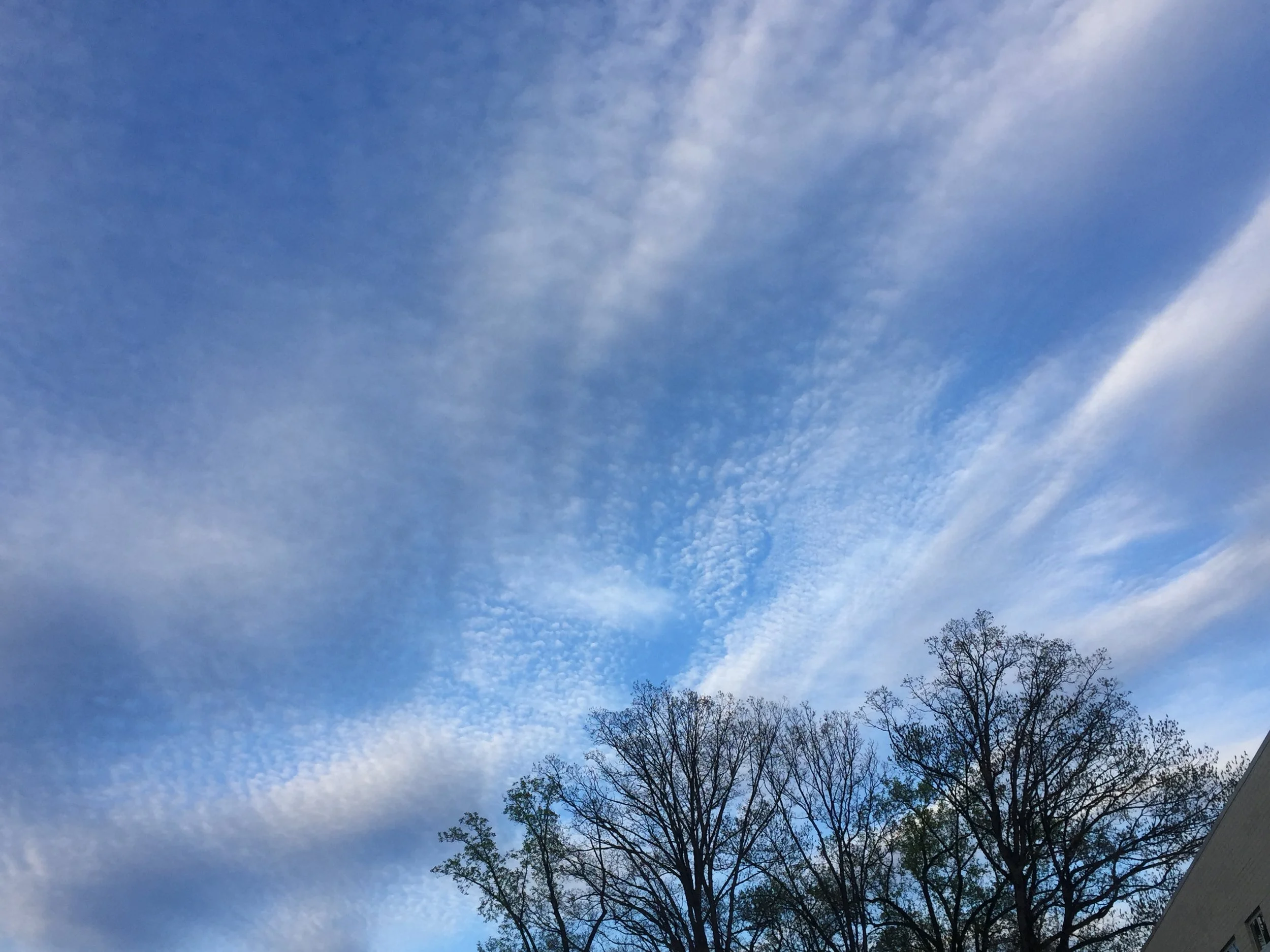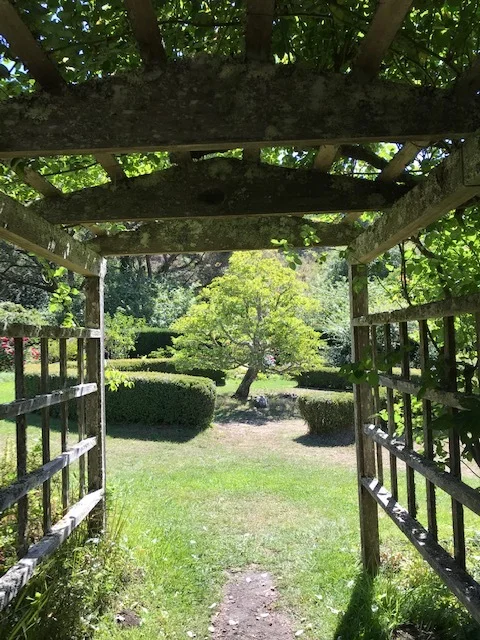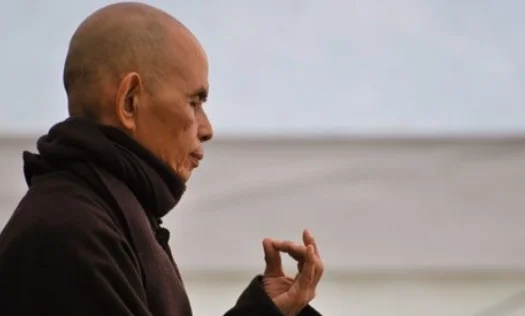Dear Friends,
With so much conversation around racial and social justice, how do we work with these issues through the lens of the mindfulness and Buddhist practice, and specifically through the teachings of Thich Nhat Hanh?
Within the larger Thich Nhat Hanh community, a few years ago, a small group of practitioners came together to create the international ARISE sangha. ARISE - Awakening through Race, Intersectionality, and Social Equity - is made of practitioners and monastics who came together to heal the wounds of racial injustice and social inequity, beginning with looking deeply within ourselves and using the energy of compassion, understanding, and love in action. Part of their mission is to guide those of us in the larger community in how to do this work as well.









